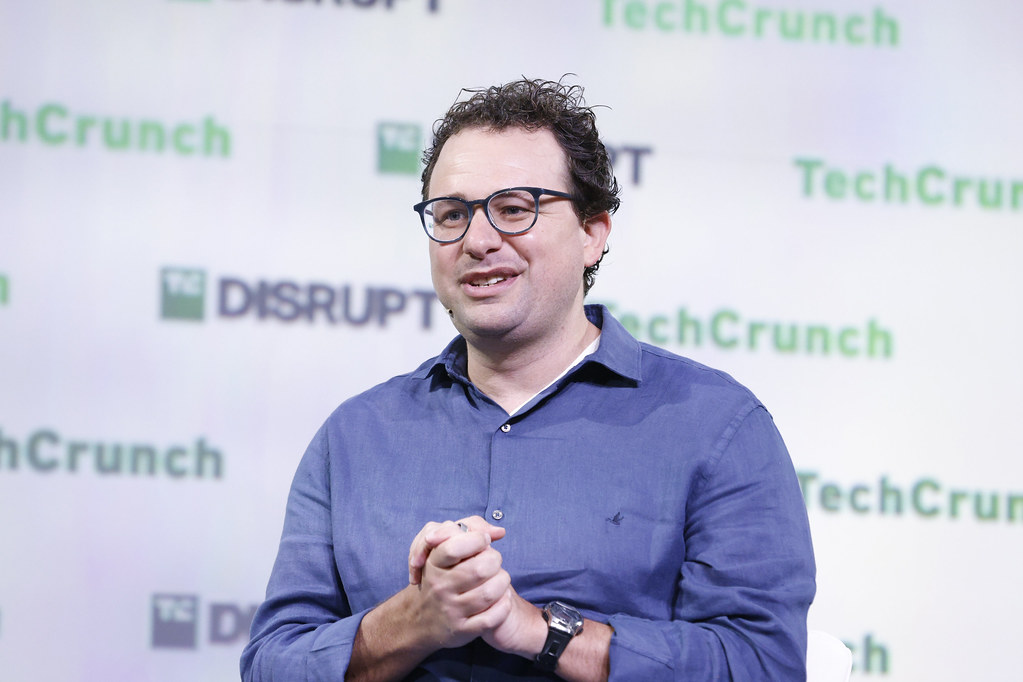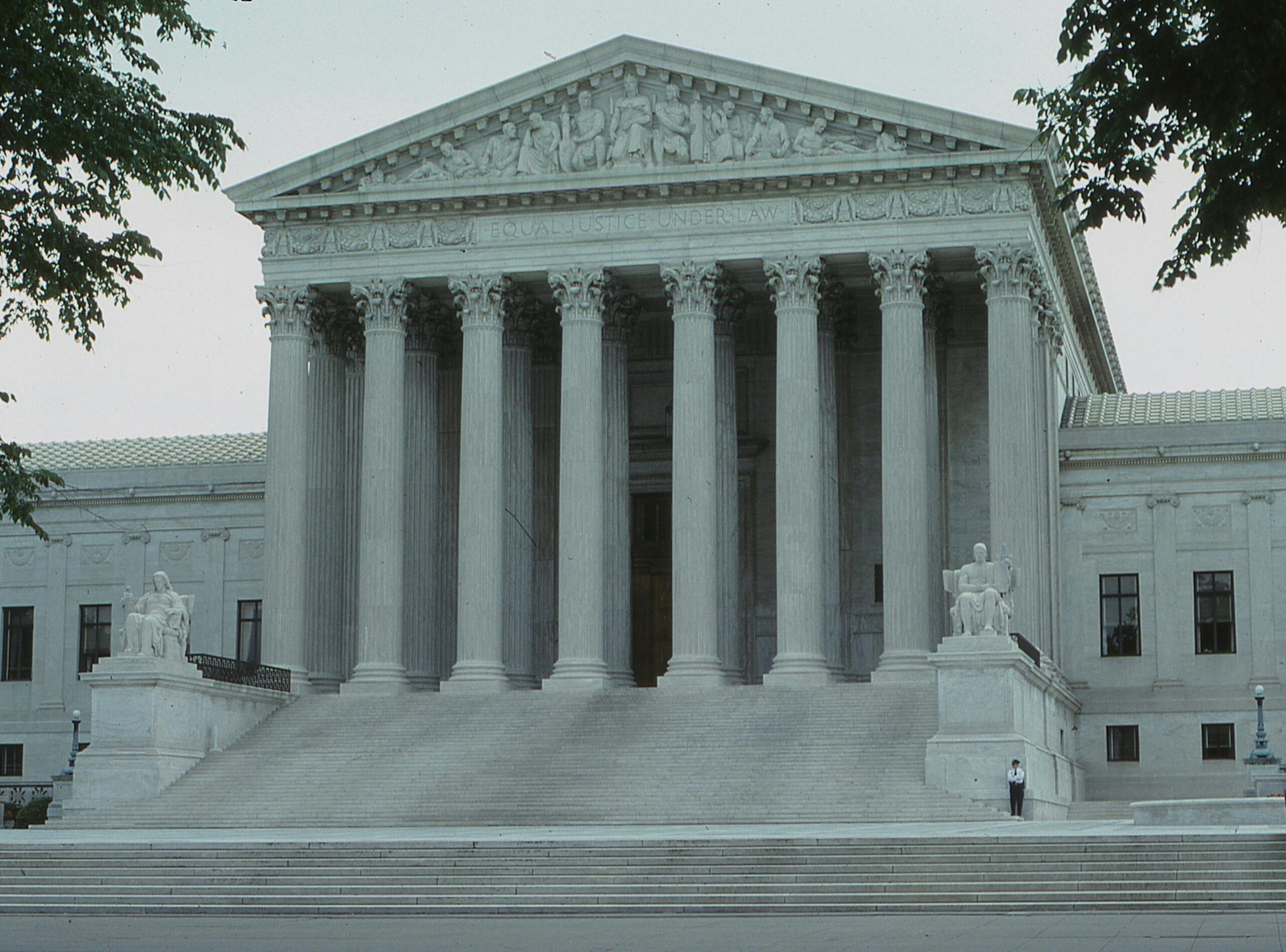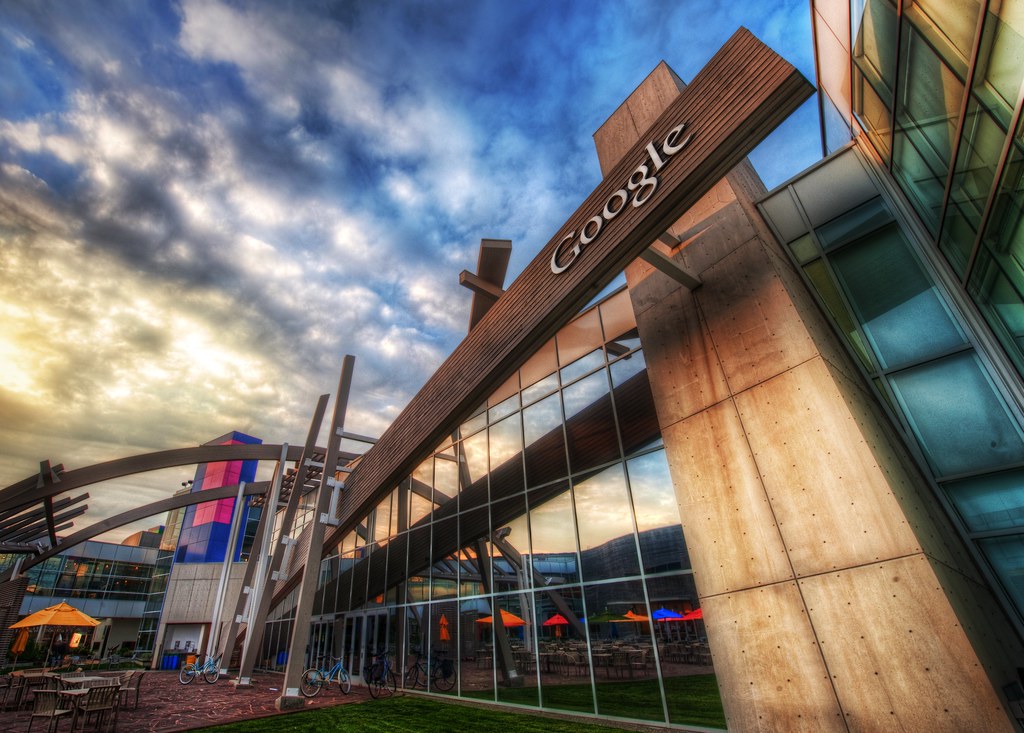A federal judge ruled late Monday that Anthropic’s use of books to train its AI model Claude qualifies as “fair use” and is “transformative.” The decision marks a significant milestone in the ongoing legal debates around the use of copyrighted material for AI development.
U.S. District Judge William Alsup wrote that Anthropic, which has backing from Amazon, did not violate authors’ copyrights because its large language models have not reproduced any work’s creative elements or any author’s identifiable style.
“The purpose and character of using copyrighted works to train large language models (LLMs) to generate new text was quintessentially transformative,” Alsup stated. “Like any reader aspiring to be a writer.”
Impact on AI Industry and Legal Precedent
The ruling represents a major victory for AI developers and companies, offering clarity on the legal boundaries of training AI with copyrighted works. This decision begins to outline how the industry can innovate while respecting copyright law.
Anthropic expressed satisfaction with the ruling, stating it aligns with copyright law’s goal of fostering creativity and scientific progress.
The lawsuit, filed in August in the U.S. District Court for the Northern District of California, was brought by authors Andrea Bartz, Charles Graeber, and Kirk Wallace Johnson. They accused Anthropic of building a “multibillion-dollar business by stealing hundreds of thousands of copyrighted books.”
A central issue in the case involved approximately seven million books Anthropic allegedly pirated and stored as part of a “central library.” Anthropic later chose not to use these materials for training its models.
Judge Alsup ordered a trial to determine how these pirated books were used to create the central library and to assess any damages. He noted that purchasing copies after the fact does not absolve Anthropic of liability but may affect the extent of statutory damages.
What The Author Thinks
The ruling strikes an important balance between encouraging AI innovation and protecting authors’ rights. Training AI on vast amounts of data is necessary for progress, but it must be done responsibly and transparently. This decision underscores that transformative use — creating new, original outputs rather than copying — is key to fostering a fair ecosystem where creators and tech innovators can coexist.












